June 11, 2024—KB5039212 (OS Builds 22621.3737 and 22631.3737)
Applies To
Windows 11 version 22H2, all editions Windows 11 version 23H2, all editionsTanggal Rilis:
11/06/2024
Versi:
OS Builds 22621.3737 and 22631.3737
For information about Windows update terminology, see the article about the types of Windows updates and the monthly quality update types. For an overview of Windows 11, version 23H2, see its update history page.
Note Follow @WindowsUpdate to find out when new content is published to the Windows release health dashboard.

Do you watch the Windows 11 release notes videos? Would you like to help us shape the next generation of these video experiences? If so, we would like to hear from you. We have created an anonymous survey for you to share your feedback. Go to Microsoft forms and help us invest in the improvements that matter most to you!
Highlights
-
This update addresses a known issue that affects the taskbar. It might briefly glitch or not respond. It might also disappear and reappear.
Improvements
Note: To view the list of addressed issues, click or tap the OS name to expand the collapsible section.
Important: Use EKB KB5027397 to update to Windows 11, version 23H2.
This security update includes quality improvements. Key changes include:
-
This build includes all the improvements in Windows 11, version 22H2.
-
No additional issues are documented for this release.
This security update includes improvements that were a part of update KB5037853 (released May 28, 2024). When you install this KB:
-
This update addresses an issue that affects lsass.exe. It stops responding. This occurs after you install the April 2024 security updates on Windows servers.
-
This update addresses an issue that might stop your system from resuming from hibernate. This occurs after you turn on BitLocker.
-
This update addresses an issue that affects lsass.exe. It leaks memory. This occurs during a Local Security Authority (Domain Policy) Remote Protocol (LSARPC) call.
-
This update addresses a known issue that might affect the installation process. You might get an error when you restart the system. Also, the device might roll back to the previous update. This mainly occurs on Windows virtual machines (Parallels Desktop) that run on Arm based Mac devices.
-
Starting in this update, File Explorer adds the Mark of the Web (MoTW) tag to files and folders that come from untrusted locations. When MapUrlToZone classifies a file as “Internet,” that file also gets this tag. Because of this change, the “LastWriteTime” time stamp is updated. This might affect some scenarios that rely on file copy operations.
If you installed earlier updates, only the new updates contained in this package will be downloaded and installed on your device.
For more information about security vulnerabilities, please refer to the Security Update Guide website and the June 2024 Security Updates.
Windows 11 servicing stack update (KB5037959) - 22621.3662 and 22631.3662
This update makes quality improvements to the servicing stack, which is the component that installs Windows updates. Servicing stack updates (SSU) ensure that you have a robust and reliable servicing stack so that your devices can receive and install Microsoft updates.
Known issues in this update
|
Applies to |
Symptom |
Workaround |
|---|---|---|
|
Enterprise users |
After installing this update or later updates, you might face issues while upgrading from Windows Pro to a valid Windows Enterprise subscription. Resulting from this operation, you might observe the following symptoms: - OS upgrade operations may fail, and this might be shown in the LicenseAcquisition scheduled task in Task Scheduler -> Task Scheduler Library -> Microsoft -> Windows -> Subscription as ‘Access denied error (error code 0x80070005)’ under ‘Last Run Result’. |
This issue is addressed in KB5040527. |
How to get this update
Before you install this update
Microsoft combines the latest servicing stack update (SSU) for your operating system with the latest cumulative update (LCU). For general information about SSUs, see Servicing stack updates and Servicing Stack Updates (SSU): Frequently Asked Questions.
Install this update
To install this update, use one of the following Windows and Microsoft release channels.
|
Available |
Next Step |
|
Yes |
None. This update will be downloaded and installed automatically from Windows Update and Microsoft Update. |
|
Available |
Next Step |
|
Yes |
None. This update will be downloaded and installed automatically from Windows Update for Business in accordance with configured policies. |
|
Available |
Next Step |
|
Yes |
To get the standalone package for this update, go to the Microsoft Update Catalog website. |
|
Available |
Next Step |
|
Yes |
This update will automatically sync with Windows Server Update Services (WSUS) if you configure Products and Classifications as follows: Product: Windows 11 Classification: Security Updates |
If you want to remove the LCU
To remove the LCU after installing the combined SSU and LCU package, use the DISM/Remove-Package command line option with the LCU package name as the argument. You can find the package name by using this command: DISM /online /get-packages.
Running Windows Update Standalone Installer (wusa.exe) with the /uninstall switch on the combined package will not work because the combined package contains the SSU. You cannot remove the SSU from the system after installation.
File information
For a list of the files that are provided in this update, download the file information for cumulative update 5039212.
For a list of the files that are provided in the servicing stack update, download the file information for the SSU (KB5037959) - versions 22621.3662 and 22631.3662.










